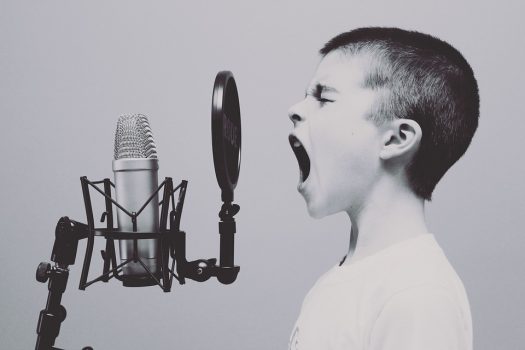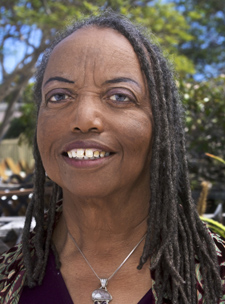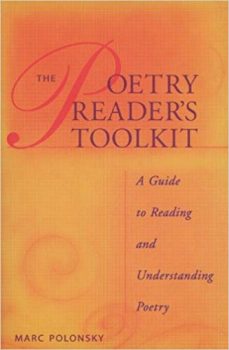What does poetry mean to you? Are you someone who appreciates the raw attempt to bring meaning through rhyme, pattern, and emotions? Or, are you someone who prefers the simple formula of prose writing? When you have too much on your mind, and feel like you can’t come to grips with life, do you sit down and let your emotions flow unfiltered into your notebook or iPhone? When you hear poetry do you feel the goosebumps getting ready to burst out of your body? Does every rhyme make your hair stand on end?
If the answers are yes, you might be a Poet.
An article by Elaine Scarry titled, “Poetry Changed the World: Injury and the Ethics of Reading” discusses the history of poetry and how poems are able to help change the world. Scarry reminds us that, “Literature may be able to diminish real-world injury, and there are three attributes of literature—empathy, dispute, beauty.”

Poet and Playwright Sojourner Kincaid Rolle
Odyssey Online was fortunate to spend time finding out a bit about Sojourner Kincaid Rolle who recently served a two-year term as the Santa Barbara Poet Laureate.
“By definition, I am a poet,” Sojourner states.
She is also a playwright, environmental educator, and a peace activist. She’s a strong African American woman, with amazing words and just the perfect flow and perfect enunciation. She forces you to listen to every word, with the hopes that it could inspire you or have an effect on you. As a student, I was honored to hear Sojourner share her thoughts and poems my first quarter at Antioch in my Racism and Social Justice class with Professor Cheri Gurse. Her words were so amazing and so influential. Sojourner left me mesmerized and only wanting to hear more.
“Poems that speak from the realm of the soul from the place that needs no facade the place impalpable where the poem touches”—Sojourner Kincaid Roll
The Poetry Reader’s Toolkit by Marc Polonsky, explains why our society needs poetry. Polonsky says, “Poetry is an imagination machine. Good poetry, given patience, lights up your imagination in some way.” Poetry expands our minds with possibilities and new perspectives.

“Poetry Readers Toolkit” by Marc Polonsky
Poetry is ambiguous in form and style and can be interpreted in countless different ways. This unique form allows the writer to mold their thoughts and emotions into words. Poetry tells stories in a less direct form. Poetry is not meant to be interpreted one way—it is an individual experience.
A British Philosopher named Alan Watts once said, “There is nothing at all that can be talked about adequately, and the whole art of poetry is to say what can’t be said.” Poetry and art have the ability to transcend evil and hate and provide a connection among us. With poetry, you improve our language; maybe change our perspectives.
“Doing something different gives us hope in the end. You can heal with words and you can love with words. I always try to end my poems with hope” —Sojourner Kincaid Rolle





1 Comment
A wonderful and insightful article, Steven! I enjoy reading your work.